Conventional Loans
Conventional loans are mortgage loans that are not backed by the federal government. These loans are originated by private lenders such as banks, credit unions, and mortgage companies, and they adhere to the guidelines set by Fannie Mae and Freddie Mac, the government-sponsored enterprises that purchase and guarantee most conventional loans.
Types Of Conventional Loans
Conventional loans come in two primary categories:
Conforming Loans
These loans meet the dollar limits and underwriting guidelines established
by Fannie Mae and Freddie Mac.
Non-Conforming Loans
These exceed the loan limits set by Fannie Mae and Freddie Mac, commonly
known as jumbo loans, and typically have stricter qualification requirements.
Key Advantages of Conventional Loans
🚀Lower Overall Cost of Borrowing
For borrowers with strong credit and financial profiles, conventional loans often represent the most cost-effective option in the long run due to:
👉🏻Lower mortgage insurance costs compared to FHA loans
👉🏻Ability to cancel PMI once you reach 20% equity
👉🏻Competitive interest rates for qualified borrowers
🚀Flexible Down Payment Options
👉🏻Down payments can be as low as 3% for first-time homebuyers through specific programs
👉🏻Standard conventional loans typically require 5-10% down
👉🏻Traditional 20% down payment eliminates the need for private mortgage insurance
🚀No Upfront Mortgage Insurance Fee
Unlike FHA and VA loans, conventional loans don't charge an upfront mortgage insurance premium or funding fee, reducing your initial closing costs.
🚀Mortgage Insurance Cancellation
Once your loan balance reaches 78% of the original purchase price (or appraised value), mortgage insurance automatically terminates. You can request cancellation even earlier once you reach 20% equity..
🚀Broader Property Type Eligibility
Conventional loans can be used for:
👉🏻Primary residences
👉🏻Second homes
👉🏻Investment properties
👉🏻Condominiums (with fewer restrictions than
government loans)
👉🏻Planned unit developments.
🚀Faster Closing Process
Conventional loans often have fewer regulatory requirements than government-backed loans, potentially leading to:
👉🏻Streamlined approval processes
👉🏻Fewer property condition requirements
👉🏻Quicker closing timeliness.
Who Benefits Most From Conventional Loans
Conventional loans are particularly well-suited for:
💥Borrowers with good to excellent credit scores (typically 620 or higher, with the best rates at 740+)
💥Home buyers with stable employment and income documentation
💥Those with established credit histories and manageable debt levels
💥Borrowers able to make at least a 3-5% down payment
💥Homeowners looking to refinance without cash out
💥Investors purchasing rental properties
Potential Drawbacks
❌Stricter qualification requirements compared to FHA loans
❌Higher credit score thresholds for competitive rates
❌Less flexibility with debt-to-income ratios (typically capped at 43-45%)
❌Down payment requirements can be higher than government-backed options
Conventional loans offer tremendous flexibility and can be customized to meet various financial situations. For borrowers with strong credit and financial profiles, they typically provide the most cost-effective route to homeownership, particularly over the long term as you build equity and eliminate mortgage insurance.